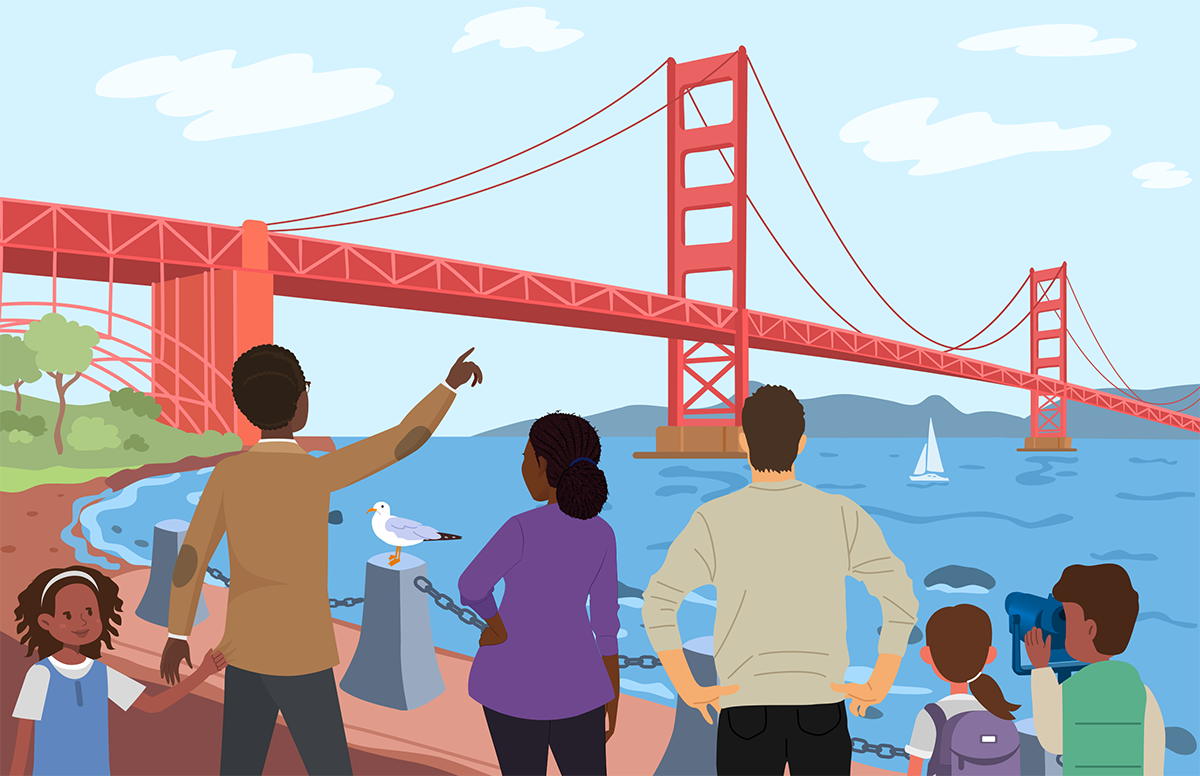Welcome
 The U.S. Department of Education’s Office of Elementary and Secondary Education (OESE) is pleased to announce the Nita M. Lowey 21st Century Community Learning Centers (21st CCLC) 2024 Summer Symposium. This event, hosted by OESE’s Office of School Support and Accountability, will convene in San Francisco, California, July 31-August 1, 2024.
The U.S. Department of Education’s Office of Elementary and Secondary Education (OESE) is pleased to announce the Nita M. Lowey 21st Century Community Learning Centers (21st CCLC) 2024 Summer Symposium. This event, hosted by OESE’s Office of School Support and Accountability, will convene in San Francisco, California, July 31-August 1, 2024.
The Summer Symposium will feature successful strategies that State educational agencies (SEAs) and their subgrantees have implemented to manage all components of a successful 21st CCLC program. Attendees will hear from nationally recognized speakers during plenary sessions and work closely with education experts and peers during interactive workshops. SEA staff and subgrantees will gain valuable perspectives on OST issues and receive important updates about the 21st CCLC program.
This year’s theme is The Bridge to Excellence: Together We Can, Together We Will. Ideas for increasing capacity, promoting equity, and bridging practitioners and communities to meet students’ social, emotional, and academic needs are woven throughout each of the following Symposium strands:
Bridge to Tomorrow
Bridges keep us connected to resources and each other. In whatever circumstance your students have challenges accessing educational resources — such as refugee, immigrant, or unhoused status; disabilities; COVID-related disengagement; or personal trauma — you can turn to ideas and strategies in this strand to offer students and families resources and opportunities that meet current needs and open future possibilities
Engineering the Bridge to Tomorrow
Continuous improvement in all professions requires building on knowledge from the past. In 21st CCLC programs, we seek to develop increasingly innovative and sophisticated bridges to education practices. This strand offers insights into human resources development that balance the best knowledge gained by education leaders in your community with a celebration of new ideas and methods that keep your out-of-school time engineers moving the work forward.
Bridges over Troubled Waters
This strand focuses on using continuous improvement to build our capacity and improve our educational programs. It focuses on balancing the knowledge gained by education leaders in your community while identifying and incorporating new ideas and methods that keep your out-of-school time engineers moving the work forward to adapt to the challenges of today and prepare students for tomorrow.
Removing Roadblocks to the Fast Lane
What roadblocks keep your students from accessing postsecondary experiences (e.g., college, career pathways, apprenticeships)? This strand explores ways the K-12 out-of-school time experience can prepare students for a life beyond high school that matches their interests.
Bridging the Gaps Through Community Connection
Community schools and partnerships with businesses and non-profit organizations are common approaches for filling service gaps for 21st CCLC programs across the country. Whether you are just starting on this journey or have been using community connected activities for years, this strand offers practical approaches to expanding your program to ensure 21st CCLC out-of-school time is a comprehensive offering that meets the needs of your students, families, and community.
Please share the above information with your out-of-school time colleagues. Look for a registration announcement by email in early May. If you have questions about the Summer Symposium, please contact us.



